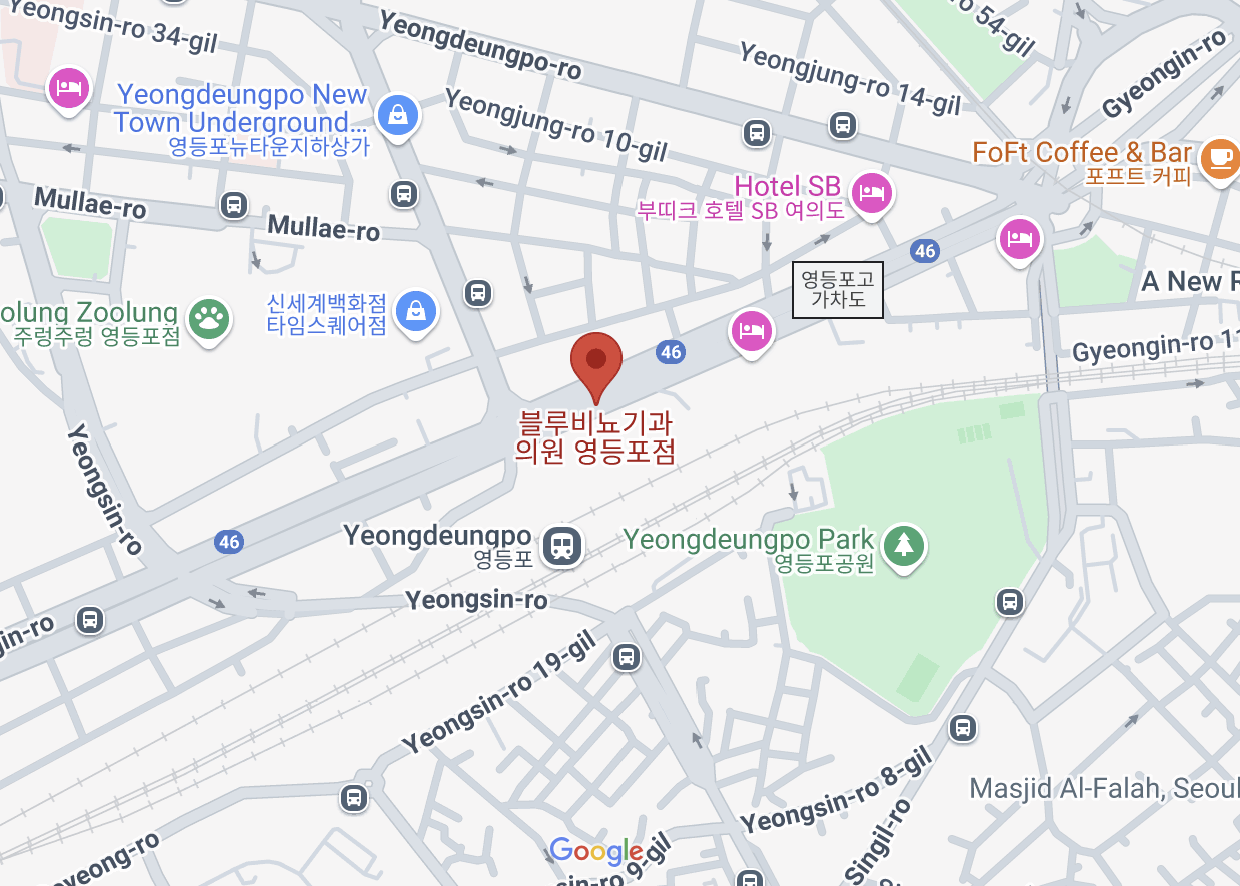STD Testing
Seoul Korea
Gangnam, Yeongdeungpo, Yeouido, Jamsil
Comprehensive STD Testing in Seoul: A Foreigner's Guide to Staying Safe and Informed
Navigating healthcare in a new country can feel daunting, especially when it comes to sensitive topics like sexual health. If you're an expat or visitor in Seoul and considering comprehensive STD testing, rest assured that Korea offers excellent, discreet, and accessible options. This guide will walk you through what to expect, where to go, and why taking this proactive step is crucial for your well-being.
Why Comprehensive Testing Matters
"Comprehensive" isn't just a buzzword; it refers to testing for a wide range of common Sexually Transmitted Diseases (STDs) or Sexually Transmitted Infections (STIs). Many STDs are asymptomatic, meaning you could be carrying an infection without knowing it, potentially leading to serious long-term health complications if left untreated, and unknowingly transmitting it to partners. A comprehensive panel typically includes tests for:
- Bacterial Infections: Chlamydia, Gonorrhea, Syphilis, Mycoplasma genitalium.
- Viral Infections: HIV (Human Immunodeficiency Virus), Hepatitis B & C, Herpes Simplex Virus (HSV-1, HSV-2), Human Papillomavirus (HPV).
- Parasitic/Fungal Infections: Trichomoniasis, Bacterial Vaginosis, Yeast Infections (often included in women's health panels).
Early detection allows for prompt and effective treatment, preventing complications like infertility, chronic pain, or organ damage, and helps protect your sexual partners.
The Testing Process: What to Expect
The process is typically straightforward and efficient:
- Registration: Upon arrival, you'll fill out a registration form. If you have an ARC, bring it. Otherwise, your passport or a valid photo ID will suffice.
- Consultation: A doctor or medical professional will discuss your sexual history, any symptoms, and your reasons for testing. Based on this, they will recommend the most appropriate tests.
- Testing: This usually involves a combination of:
- Urine sample: Common for Chlamydia and Gonorrhea.
- Blood sample: For HIV, Syphilis, Herpes, Hepatitis.
- Swabs: Depending on your symptoms or sexual practices, swabs from the genital area, throat, or rectum might be taken.
- Payment: Pay for the tests. Most clinics accept credit/debit cards and Korean Won.
- Results: Many clinics will email results within 1 to 5 business days. Some offer rapid HIV tests with results in as little as 20-30 minutes. You typically don't need to return to the clinic just for results.
- Follow-up: If any test returns positive, the clinic will contact you to discuss treatment options, provide medication (if applicable), and offer counseling. They can also advise on partner notification.
Important Considerations for Foreigners
- Confidentiality: All medical records in Korea are protected by law, ensuring your privacy.
- Insurance: If you have Korean National Health Insurance (NHIS), present your ARC to see if your tests are partially covered. Otherwise, you will pay out-of-pocket, but generally, the costs are competitive compared to many Western countries.
- Preparation: Most STD tests do not require special preparation, but it's always good to confirm with the clinic. For urine tests, it's often recommended to hold your urine for at least an hour or two before the test.
Costs at Private Clinics: Convenience Meets Comprehensive Care
Private urology and OB/GYN clinics are a popular choice for foreigners seeking STD testing in Korea due to their convenience, extensive range of services, and the availability of English-speaking staff. While their prices are generally higher than public health centers, they remain competitive when compared to many Western countries.
- Basic STD Panel: For common infections like HIV, Syphilis, Gonorrhea, and Chlamydia, you can anticipate costs ranging from approximately ₩100,000 to ₩250,000 KRW (around $75 to $185 USD).
- Comprehensive Panel: If you opt for a more extensive screen that includes tests for Herpes, Hepatitis, HPV, Mycoplasma, and Ureaplasma, the cost can range from ₩250,000 to ₩400,000 KRW (approximately $185 to $300 USD) or potentially more, depending on the specific tests included in the package.
- Individual Tests: For targeted testing of a single infection, such as Gonorrhea or Chlamydia, the price typically falls between ₩30,000 and ₩80,000 KRW (about $22 to $60 USD) per test.
- Rapid HIV Test: A quick HIV test, often providing results within 20-30 minutes, usually costs between ₩30,000 and ₩70,000 KRW (approximately $22 to $50 USD).
The Role of National Health Insurance (NHIS)
For foreigners holding a Korean Alien Registration Card (ARC) and enrolled in the National Health Insurance Service (NHIS), costs at private clinics will likely be significantly reduced, as your insurance will cover a portion of the fees. Remember to always present your ARC when you register at the clinic. Without NHIS coverage, you will be responsible for the full out-of-pocket cost.
Factors Influencing Your Total Bill
Several elements can affect the final cost of your STD testing:
- Number of Tests: Opting for a broader range of tests will naturally increase the overall price.
- Test Type: Some advanced tests, like PCR tests for a wide spectrum of bacteria and viruses, can be more expensive than standard blood or urine analyses.
- Clinic Specifics: The reputation and location of the clinic (e.g., those in prime areas like Gangnam) might influence the base pricing.
- Consultation Fees: An initial consultation with the doctor is typically included in the overall cost or charged as a separate, nominal fee.
- Follow-up & Treatment: If any test results are positive, the cost of subsequent medication or further treatment will be an additional expense.

